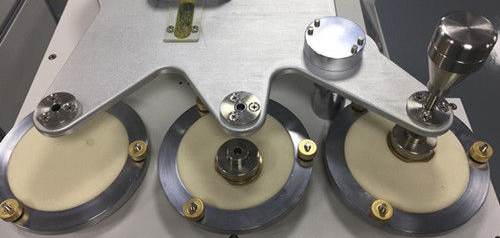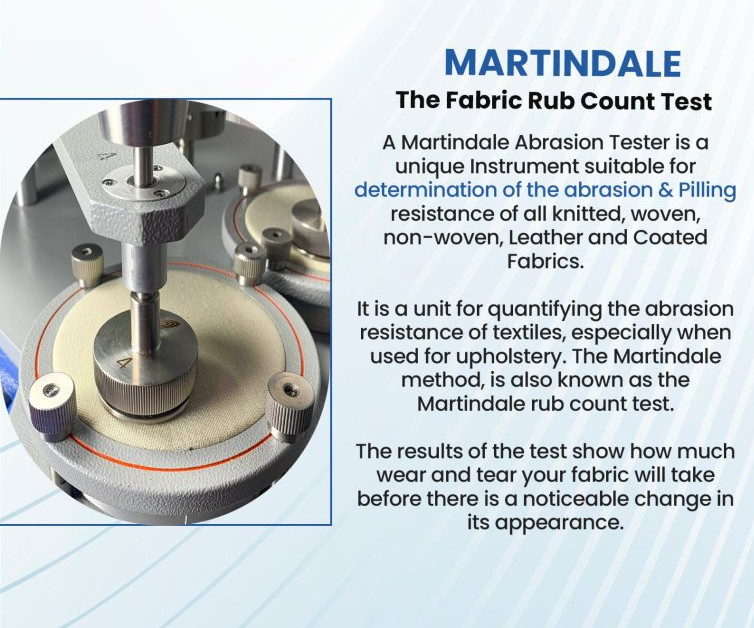What are the factors that can affect the accuracy of abrasion resistance test methods?
The accuracy of the abrasion resistance test methods can be affected by several factors, including:
1. Sample preparation: The accuracy of the test results depends on the quality and consistency of the test specimens. Any variations in the size, shape, thickness, or surface finish of the specimens can affect the test results. Therefore, it is important to carefully prepare the specimens according to the relevant standards and guidelines.

2. Test conditions: The accuracy of the test results depends on the control of test conditions, such as the type and condition of the abrasive material, the speed and load of the abrading element, the temperature and humidity of the test environment, and the duration of the test. Any variations in these test conditions can affect the test results and lead to inaccurate or inconsistent results.
3. Instrumentation: The accuracy of the test results depends on the quality and calibration of the testing equipment, such as the Taber Abraser, Crockmeter, Oscillating Sand Abrasion Tester, and Scratch Tester. Any variations in the calibration or operation of the testing equipment can affect the test results and lead to inaccurate or inconsistent results.
4. Operator skill: The accuracy of the test results depends on the skill and experience of the operator conducting the test. Any variations in the application of the test procedure or the interpretation of the test results can affect the test results and lead to inaccurate or inconsistent results.
5. Material variability: The accuracy of the test results can be affected by the natural variability of thematerial being tested. Materials can have variations in their composition, structure, and surface finish, which can affect their abrasion resistance. Therefore, it is important to carefully select and characterize the material being tested and to conduct multiple tests to account for any inherent variability.

6. Test endpoint: The accuracy of the test results can be affected by the endpoint criteria used to stop the test. Different test methods may use different endpoint criteria, such as a certain level of weight loss, surface roughness, or color change. Any variations in the endpoint criteria used can affect the test results and lead to inaccurate or inconsistent results.
7. Test repeatability: The accuracy of the test results also depends on the repeatability of the test. Repeatability refers to the ability to obtain consistent results when the test is repeated under the same conditions. Any variations in the repeatability of the test can affect the test results and lead to inaccurate or inconsistent results.
In summary, the accuracy of the test methods for abrasion resistance can be affected by various factors, including sample preparation, test conditions, instrumentation, operator skill, material variability, test endpoint, and test repeatability. To ensure accurate and reliable test results, it is important to carefully control these factors and follow the relevant standards and guidelines for the specific test method being used.

